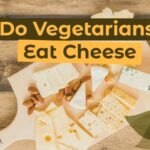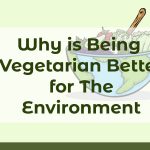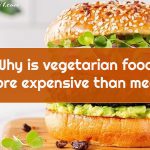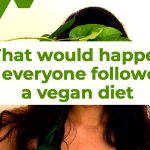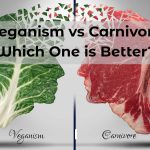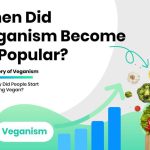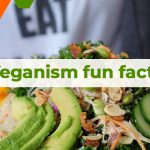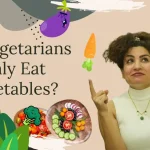Vegan vs Pescatarian
Difference Between Vegan and Pescatarian Diet
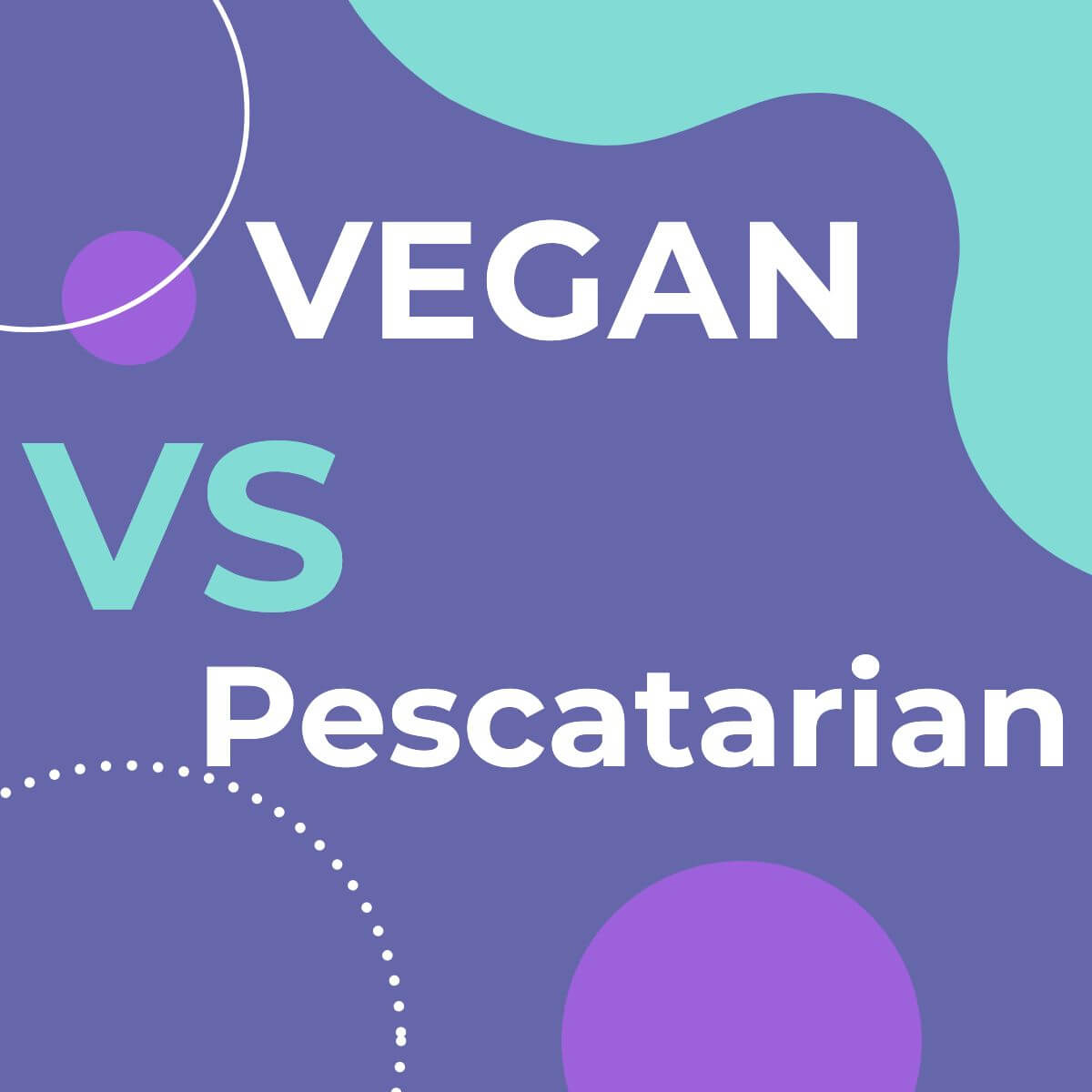
There are so many benefits of being a vegan, and it’s not just for your health. Many adopt this lifestyle for ethical reasons, and there are also a number of environmental benefits. There is also the fact that more people than ever are considering going vegan, simply because of their concern for the welfare of animals.
However, with so many choices, figuring out whether to become a vegan can be challenging. This article will give you all the information you need about being vegan as well as what being a pescatarian is and how this relates to being a vegan.
In this article you will read:
Why you should consider going vegan, and what is the difference between a vegan and a pescatarian
what is a vegan?
A vegan is someone who does not eat animal products, including meat, seafood, eggs, and dairy products. This includes honey, as well as products that are derived from animals, such as leather, fur, wool, and silk. Vegans also do not consume products that are processed with animal products, such as gelatin or gelatine. Vegans try to avoid all animal products, including by-products and ingredients derived from animals. For example, many vegans choose to avoid wearing leather, as well as using products that contain leather, like shoes and bags.
The article What is Veganism provides you with complete information about vegan diet and vegan lifestyle
what is vegan food?
Vegan food is the same as a healthy, plant-based food, which is nutritious and can help you stay healthy and feel great. Even though vegans don’t eat animal products, they are still able to get all the nutrients they need from fruits, vegetables, beans, seeds, nuts, and grains. You can eat anything you like, as long as it’s vegan. You can eat all your favorite foods, like pizza, waffles, burgers, and ice cream.
What is a Pescatarian?
A pescatarian is someone who is vegetarian but consumes fish and other seafood. Pescatarians don’t eat any meat, but they do consume dairy products, eggs, honey, and animal products.
Pescatarian is basically a vegetarian diet and pescatarians can also eat fish and other seafood and add them to their vegetarian diet.
Pescatarian , is combining “pesce” and the English word “vegetarian.” pesce is an Italian word for “fish,” so it comes from “pesce” and “vegetarian.” It’s a portmanteau of the words “fish” and “vegetarian” that describes a pescatarian.
You eat vegetables and other plant-based foods while also eating fish and seafood as your primary source of protein. It’s an easy, healthy, and tasty way to get your daily protein in. Pescatarians eat only fish and other aquatic animals and not meat.
This diet is based on two of the healthiest ways of eating in the world – the traditional Mediterranean and Japanese diets.
What is pescatarian food?
Pescatarian diets are rich in nutrients, such as iron, vitamin B-12, zinc, manganese, omega-3 fatty acids, fiber, protein, and much more. You can find plenty of plant-based foods that are rich in these nutrients. You can get all the nutrients you need from a vegetarian diet, without having to eat or kill animals. There are many types of pescatarians, such as those who eat fish, but no meat, and those who eat seafood, but not fish that are fed with fishmeal, like sardines and herring.
The most important difference between a vegan diet and a pescatarian diet is that pescatarians choose this diet for health reasons or personal interests, but the vegan diet is based on ethics, and vegans avoid eating any animal meat or animal products for ethical and environmental reasons.
Difference between Vegan and Pescatarian
Vegans and pescatarians both follow a plant-based diet, but the differences between them are significant. A vegan is someone who avoids all animal products, including meat and dairy. A pescatarian is someone who eats fish but not other types of meat. There are also vegetarian diets that include fish, but these aren’t quite the same thing as pescatarians. Anyone who chooses to eat only vegan or pescatarian foods is a vegan or pescatarian, respectively.
There are some similarities between vegans and pescatarians: they both avoid animal products and focus on fruits, vegetables, whole grains, nuts and seeds. But there are also key differences. Vegans primarily adopt this diet to avoid animal cruelty while pescatarians do so for personal health reasons like improved heart health or lower cholesterol levels. While vegans typically eat plant-based foods that contain no animal products at all, pescatarians can choose to eat fish and eggs (as long as the hens aren’t fed hormones or antibiotics) in addition to their usual diet of fruits and vegetables.
Dietary differences between vegans and pescatarians
Both vegan and pescatarian lifestyles are based on a plant-based diet, but there are some key differences between the two. Vegans only eat plant-based foods like fruits, vegetables, grains and legumes. Vegans do not consume meat, poultry or fish. Pescatarians eat a mix of plant-based foods and seafood.
Health differences between a vegan and a pescatarian diet
In addition to food choices, there are also some lifestyle differences between vegan and pescatarian diets. Vegans tend to be more health-conscious than most people, which can lead them to adopt other healthy habits like exercising more or eating more fruits and vegetables. Pescatarians, on the other hand, may be less health-conscious than vegans and tend to choose lower quality foods that are high in fat, sugar and calories.
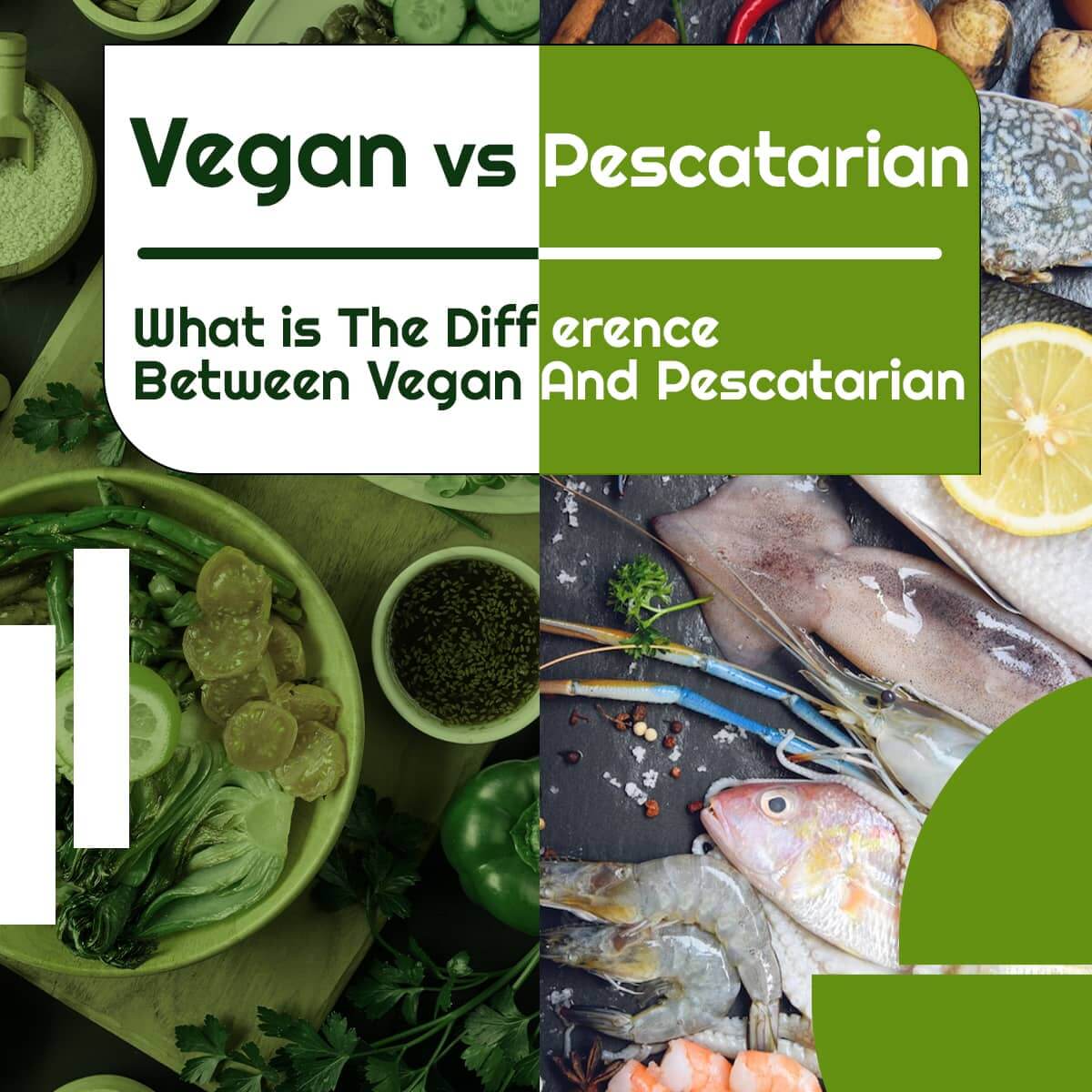
Difference between the lifestyle of vegans and pescatarians
In addition to diet, vegans care about their daily choices. They are careful about the clothes they wear, the cosmetics or health products they use, or the products they use at home and in life. Vegans will not use any products that are associated with the abuse and exploitation of animals.
In addition to cleaning their plates from animals, vegans also care about animals and their lives.
Vegans care about the environment and global warming and global hunger. When you become a vegan, you will change your vegan behavior and lifestyle based on the least harm to the environment and animals.
Vegans do not go to zoos and aquariums, do not ride horses, do not participate in bullfights, do not buy pets, and are against any abuse of animals.
But pescatarians ,have chosen this diet only for their health reasons and their lifestyle is the same as others and they do not have any special restrictions.
The Advantages of Being Vegan and How to Become a Vegan
When you become a vegan, you make a conscious decision to cut out animal products from your diet. Veganism can help you to improve your health and save animals from being exploited for food and other products. Vegan diets are low in saturated fat, cholesterol, and sodium. They also tend to be higher in fiber, vitamins, and minerals. Vegan diets are also rich in antioxidants, which help to protect against diseases and aging. They can also help to lower blood pressure, improve cholesterol readings, and reduce the risk of heart disease. Vegan diets are also rich in fiber. This helps to decrease blood sugar levels in people with diabetes, and also helps with weight loss. They are also rich in potassium, which helps to regulate blood pressure.
Vegans who want to optimize their protein intake should choose foods like beans, soybeans and tofu (all high in protein) instead of meats like fish and beef (low in protein).
What foods do vegans eat and what foods do they not eat?
Vegans consume a variety of fruits, vegetables, grains, legumes, nuts, seeds, and other products. There are plenty of vegan recipes you can try out, such as vegan pizza and other dishes. When navigating the world of vegan food, you’ll find a variety of options. You can find vegan products at most grocery stores and restaurants. You can find plenty of vegan recipes online, as well as in books, magazines, and on TV. You can also try making your own vegan meals at home. There are plenty of vegan recipes you can try, such as vegan pizza and other dishes. Vegan diets are also rich in fibre and are low in saturated fat. They can help to lower blood pressure and improve cholesterol readings. They can also help to maintain a healthy gut, as well as prevent constipation. Vegans can consume everything from milk to honey, so you’ll have to be careful to make sure you’re avoiding any ingredients that are derived from animals.
Do you want to know what vegans eat and what they don’t eat? Read this article: What can vegans not eat? Vegan Prohibited Food List
What do you call a vegan who eats fish?
A vegan who eats fish is called a pescatarian they have a lot in common with the vegetarians.
Is it possible to be a vegan and a pescatarian?
You can be a pescatarian if you eat fish, eggs and other seafood. However, you cannot be a vegan if you eat fish or other seafood.
Is pescatarian healthier than vegan?
There is no definitive answer as to which diet is healthier, as the health benefits of both pescatarianism and veganism vary depending on an individual’s overall health and lifestyle. Some people who follow a vegan lifestyle argue that it is healthier because it eliminates meat, dairy, and eggs, while others believe that fish is a healthy protein source and that the inclusion of other animal products in a vegan diet can be beneficial.
Do Pescatarians live longer than vegans?
Some studies have shown that vegetarians and vegans may live longer than meat-eaters.
Is being a pescatarian bad?
A Pescatarian is a person who does not eat the meat of other animals and uses plants and fruits in his diet. It can be good that you do not transfer the contamination of meat (chicken or cow) to your body, but you should be careful about eating fish and other foods. Do more research, I suggest you read this article:Do vegans eat fish?
The Pros and Cons of Veganism
Veganism Is More Than Just a Diet The advantages of veganism are that it is a philosophy that includes guidelines for all aspects of life, it is a lot more than a diet, it is a way of living that is ethical and mindful, it reduces animal cruelty, and it is also kind, so it might help develop or improve self-control, several health benefits are identified in association with a vegan diet, vegan diets are scientifically proven to have several health benefits, in addition to the environment, the planet is benefited by veganism in several ways, and it promotes kindness, animal cruelty is reduced in all forms, and it reduces.
Pros
- Veganism promotes ethical and more mindful living, including mindful eating.
- Veganism is a lot more than a diet. It’s a philosophy with guidelines for all areas of life.
- It can help develop or improve self-control.
- A vegan diet is scientifically proven to offer several health benefits.
- Veganism helps the environment and the planet in several ways.
- It promotes kindness and seeks to reduce animal cruelty in all forms.
Cons
- You have limited options for eating out
- Eating at parties and social events can be challenging.
- Vegan products are usually expensive.
- It takes care and planning – you need to evaluate everything before you buy, read food labels and plan a healthy vegan diet
- You may be questioned or criticized by your family and some people for your choice.
- Finding vegan-friendly products, especially non-edible items, can be difficult.
The Pros and Cons of a Pescatarian Diet
Pros
- The herbivore diet acts as a middle ground between the omnivorous diet and the vegetarian diet. It is less strict and hence easier to follow.
- You have more options for your daily food choices than a vegetarian diet, especially at restaurants and fast foods or when you travel.
- It helps to reduce meat consumption
- It has a relatively lower environmental impact than an omnivorous diet
- An easier way to change your diet is from an omnivore to a vegetarian diet and for those who have trouble completely eliminating meat from their diet, a vegetarian diet is more sustainable than a vegetarian diet.
Cons
- Seafood may not always be available to you everywhere
- You should watch your mercury level
- Seafood may be more expensive
- You may get criticized from both sides – vegans and vegetarians.
Final Words
Going vegan is a great way to help protect the environment and animals, and it is also the healthiest way to eat. If you want to be healthy and feel great, you should consider going vegan. With a vegan diet, you’ll be consuming fruits, vegetables, grains, legumes, nuts, seeds, and other products. There are plenty of vegan recipes you can try, as well as plenty of resources to help you navigate this lifestyle.
Please write in the comments below this article. Have you ever tried a vegan diet? What challenges did you face? Have you ever met a pescatarian or vegan person?


